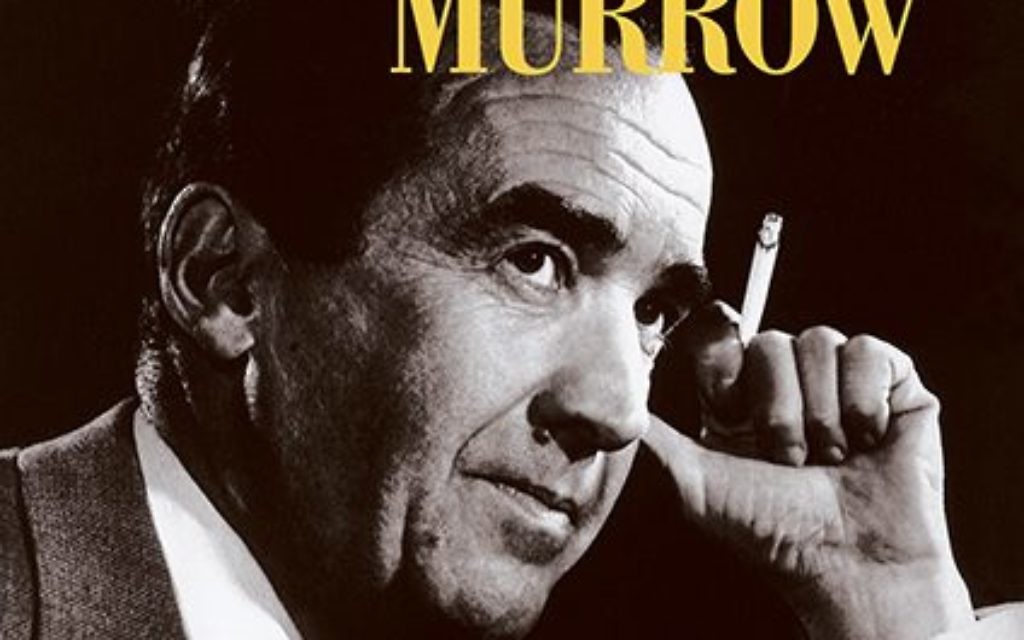OpinionThe Bottom Line
15 Lessons in Helping Others
People in the book “This I Believe” share their thoughts on the value of doing unto others.
I read a book written over 50 years ago titled “This I Believe,” edited by Edward R. Murrow. In two pages, each writer laid out the principles that shaped his or her life. Some wrote about themselves, and some wrote about helping others.
Their thoughts are worth repeating. This is what they wrote about helping others.
- Dr. Samuel Best: I found that to be happy, to be successful, to live a truly successful life, I had to share myself with others, including my material gain.
- Dr. Edmund Brasset: Every man, woman and child should be treated with respect, as befits the essential dignity of man. I cannot say I liked every person I met, but liking has nothing to do with respect.
- Lee Hastings Bristol: I believe in G-d and an orderly universe. Happiness is never achieved by selfish materialism — I can only have depth and real satisfaction if it is bound up with unselfishness — a consideration for others. Service is the rent we pay for our place on earth.
- Carroll Carroll: I follow the words of Hillel, “Do not do unto others that which you would not have others do unto you. This is the whole law. Now go study.”
- Bobby Doerr: Doing a good turn for a neighbor, a friend or even a stranger gives me much more satisfaction than doing something that helps only myself. I am only as good as my actual performance proves that I am. If I cannot deliver, then my name and reputation don’t mean a thing.
- Herbert Lehman: I am convinced that what we get out of life is in direct proportion to what we put into it. I must respect the opinion of others even if I disagree with them. He who closes his ears to the views of others shows little confidence in the integrity of his own views. Life is not a one-way street. What I do, what I say, even what I think, inevitably has a direct effect on my relationship with others.
- Mrs. Marty Mann: I believe that trying to help my fellow men is one of the straightest roads to spiritual growth. It is a road everyone can take. One doesn’t have to be beautiful, or gifted, or rich or powerful, in order to offer a helping hand to one’s fellow sufferers. And I believe that one can walk with G-d by doing just that.
- Bonaro W. Overstreet: Self-respect and respect for others go together. I do not believe it is possible, except superficially, to think well of ourselves and ill of our human fellows, or to think well of them and ill of ourselves. Our attitude toward ourselves and toward others is one: It is our attitude toward human nature.
- Virginia Sale: Anybody knows a sure cure for the blues is to get out and do something nice for someone else.
- Louis B. Seltzer: I carry three pieces of paper in my wallet. One says, “What doth the Lord require of thee, but to do justly, and to love mercy, and to walk humbly with thy G-d.” Another says, “I expect to pass through this world but once. Any good therefore that I can do, or any kindness that I can show to any fellow creature, let me do it now. Let me not defer or neglect it, for I shall not pass this way again.” And the third says, “Make big plans; aim high in hope and work, remembering that a noble, logical diagram once recorded will never die.”
- Dr. Harold Taylor: I believe in listening to what people have to say, in helping them to achieve the things which they want and the things which they need.
- Alice Thompson: Any real marriage is a constant understanding and acceptance, coupled with mutual responsibility for one another’s happiness.
- Constance Warren: Happiness is the byproduct of service. If I trust people, they will live up to my trust.
- Rebecca West: I believe in liberty. I feel it is necessary for the health of the world that every man shall be able to say and do what he wishes and what is within his power. When it interferes with the liberty of others, it becomes a balancing of competitive freedom.
- Darryl F. Zanuck: Two of the fundamental virtues that have been a great comfort to me in life are loyalty and charity. Loyalty has been a way of life for me. Charity is something you must learn, and one should never expect any other reward from charity than the satisfaction it gives.
My bottom line: Respect begets respect, suspicion begets suspicion, hate begets hate, and love begets love.
Get The AJT Newsletter by email and never miss our top stories Free Sign Up
read more:





comments